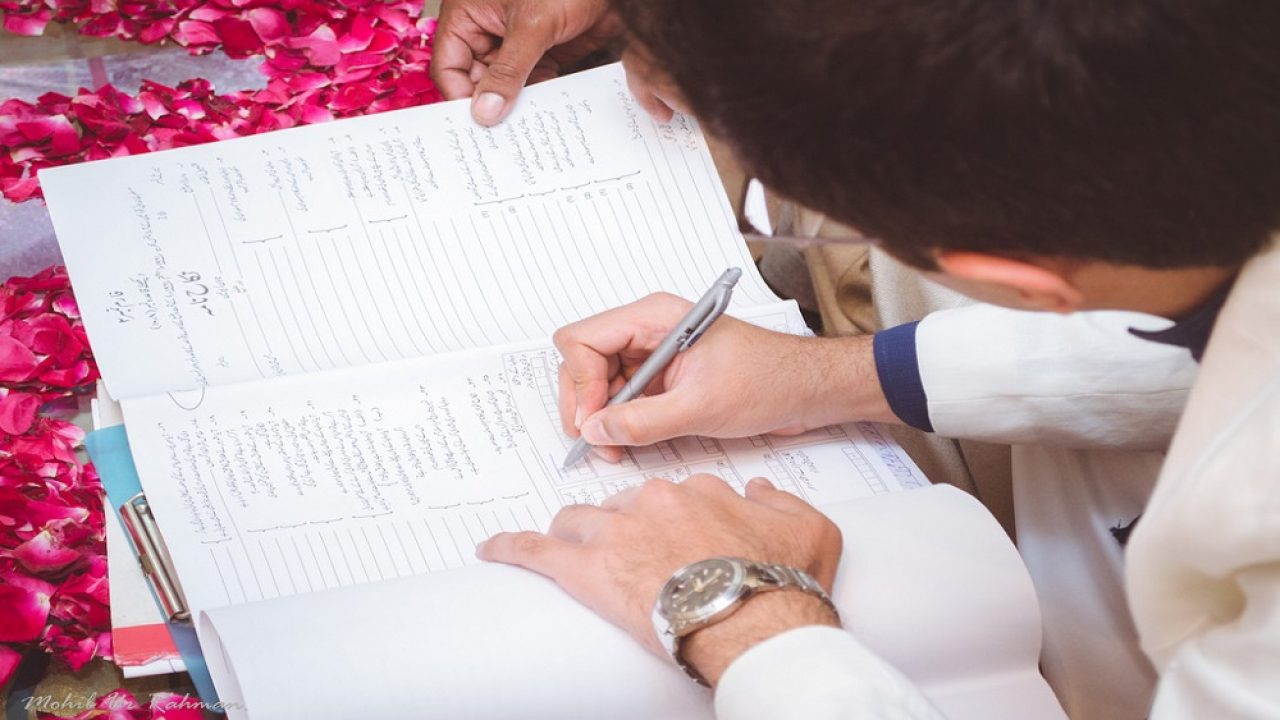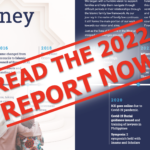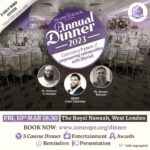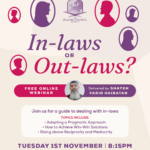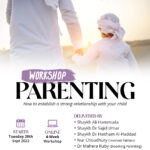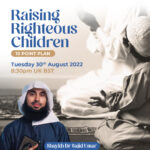Introduction
The Muslim Ummah is experiencing many challenges, however, none is more threatening than the disintegration of the Muslim family. In fact, most of humanity’s travesties can arguably be traced back to it. Iain Duncan Smith, the former British Work and Pensions Secretary, said that children from broken homes are nine times more likely to commit crimes than those from stable families.[1] In fact, children are now more likely to have a smartphone than a father at home. If current trends remain as they are, any child born today in the UK has more than a one in three chance of not living with both birth parents by the age of 15.[2]
Society starts at the smallest possible group; a country is made up of cities, cities made up of towns, towns are made up of streets, streets are made up of families. If it’s broken at the fundamental level, then it’s broken all the way up. For this reason, Islam places much importance on developing and building a society comprising of robust, healthy, and functional families.
In the next two articles we will seek to delineate the purpose of marriage according to most of humanity, before discussing the higher objectives (Maqāṣid) of marriage according to Islam. We will build a case for the Islamic Maqāṣid of marriage, arguing that being cognizant of them helps manage false expectations of marriage, as well as finding justifications for the burden that is part and parcel of any marriage.
Maqāṣid of marriage according to most people
Before discussing the Islamic objective behind marriage, let us cover some of the reasons why most people choose to tie the knot, or in other words, people’s Maqāṣid for marriage. The Prophet (ﷺ) informed us:
تُنْكَحُ المَرْأَةُ لأَرْبَعٍ : لِمَالِهَا ، وَلِحَسَبِهَا ، وَلِجَمَالِهَا ، وَلِدِينِهَا ، فَاظْفَرْ بِذاتِ الدِّينِ تَربَتْ يَدَاك
“A Woman is married for four reasons: their wealth, lineage, beauty, and Dīn (i.e. religious commitment). So seize the religiously-committed one, may you prosper.”[3]
Wealth
Wealthy people tend to want to marry wealthy people, and indeed the Sharī‛ah encourages people to search for a spouse who shares a similar socio-economic background. Although the significance of this may not be realized at first by a love-based marriage, but such differences in background can, and do crop up later on in life.
Lineage
There are two concepts in Arabic: Nasab and Ḥasab. As for Nasab, this is lineage with respect to who you descend from. Some communities are more aware of their lineages than others, tracing it back generations. So, for them, marrying outside of that clan and into a family who do not give the same importance to genealogy is, to them, problematic.
As for Ḥasab, it’s what ancestors have done to distinguish them. So, to be the descendant of a king or a warrior etc. is part of one’s Ḥasab and gives distinguishing standing from others. Hearts, by their nature, incline to being part of a noble heritage. So, some people marry from certain families in order to create a link to that noble individual or family.
Beauty
Anything that you see on a daily basis will cause the buzz of the initial attraction to fade. That applies to humans and everything else in life. The most beautiful people look really bad on their bad days. The face is, by its nature, very malleable and will always surprise you with differences. Furthermore, what happens when that person starts to age, or is affected with an illness that alters their appearance, or involved in an accident that deforms their physical beauty? If the purpose of that marriage was hinged on aesthetics, then when that factor begins to change, your eyes will start wondering as it searches for other sources of beauty.
Religion
How interesting it is that the last of the four qualities, as is mentioned in the ordering of the Ḥadīth above, which people search for in a woman is her religion, which – in of itself – explains so much of the messy landscape of today’s marriages. For this reason, the Ḥadīth’s conclusion is noteworthy; the Prophet (ﷺ) did not say tazawwaj (marry) or ikhtār (choose) the religiously committed, but said faẓfar bi-dhāt al-dīn, where ẓafar literally refers to the seizing of a prize, snatching it out of the hands of competitors, and getting to it first. It’s as if he is saying: “that which people have placed at the last of their list, you place at the very top of yours”. Indeed, Dīn outlives everything else and continues to shine brightest when life eclipses all the other suns of life’s splendours.
For example, the stock market has made it possible for one to lose his fortunes overnight. Should this transpire, is the love and commitment still there? Similarly, marrying for Ḥasab is not an ideal long-term strategy. The passage of enough years causes the novelty of almost everything to wear off, where one realises that, although this person is the descendant of such and such great, but my husband/wife is fundamentally not. All you’re left with is, “at least so and so is the son/daughter of so and so” which, of course, is not solid grounds for a marriage. Indeed, the religiously committed one is the prize of all prizes.
Similarly, when speaking about men who seek marriage, the same message is reiterated:
إِذَا خَطَبَ إِلَيْكُمْ مَنْ تَرْضَوْنَ دِينَهُ وَخُلُقَهُ فَزَوِّجُوهُ، إِلَّا تَفْعَلُوا تَكُنْ فِتْنَةٌ فِي الأَرْضِ، وَفَسَادٌ عَرِيضٌ
“If you are approached by a person of good Dīn and character, wishing to marry your daughter, then marry him to her. If you don’t there will be tribulation on the land and widespread corruption.”[4]
Notice the additional criteria of Khuluq (character) mentioned when choosing a husband that was not included in the Ḥadīth about choosing a wife. Perhaps the wisdom for this is that women are, in most marriages, in a position of greater vulnerability than men, hence the additional emphasis on Khuluq when describing the ideal suitor. Indeed, how ‘good’ is a ‘religious’ man who is – for example – easily angered, stingy, negligent, or heavy handed towards his wife?
Therefore, as a precursor to the topic of the Maqāṣid of marriage in Islam, it is key to note that these two narrations are at the heart of a good marriage, and from which all other objectives stem.
These, therefore, are some of the most
important Maqāṣid of marriage according to people, as
described by the Prophet Muhammad (ﷺ).
As for the Islamic Maqāṣid of marriage, this will be the focus of the
next article, inshā’Allah.
[1] http://www.telegraph.co.uk/news/politics/8109184/Children-from-broken-homes-nine-times-more-likely-to-commit-crimes.html
[2] https://marriagefoundation.org.uk/top-ten-key-facts-on-marriage/
[3] Ṣaḥīḥ al-Bukhārī, Ḥadīth 4802, and Ṣaḥīḥ Muslim, Ḥadīth 1466
[4] Sunan al-Tirmidhī, Ḥadīth 1084, and Sunan Ibn Mājah, Ḥadīth 1967
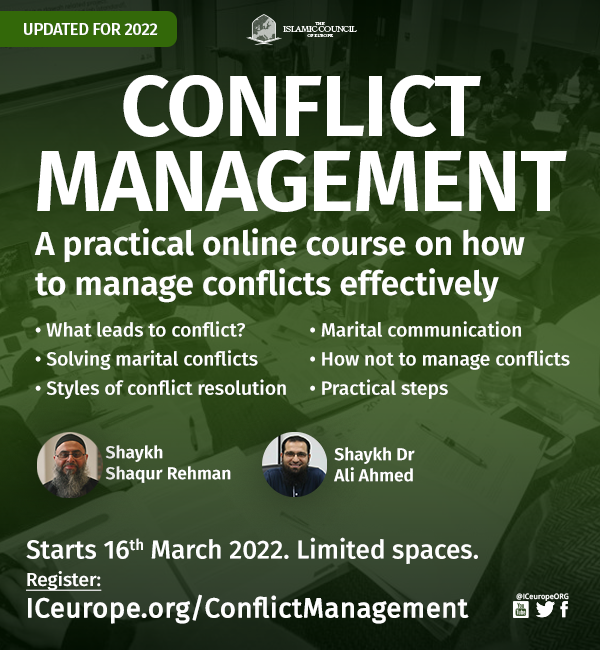
Next course: Conflict Management
This course will help you proactively manage conflicts to mitigate their impact, thus allowing you to work towards successful relationships

